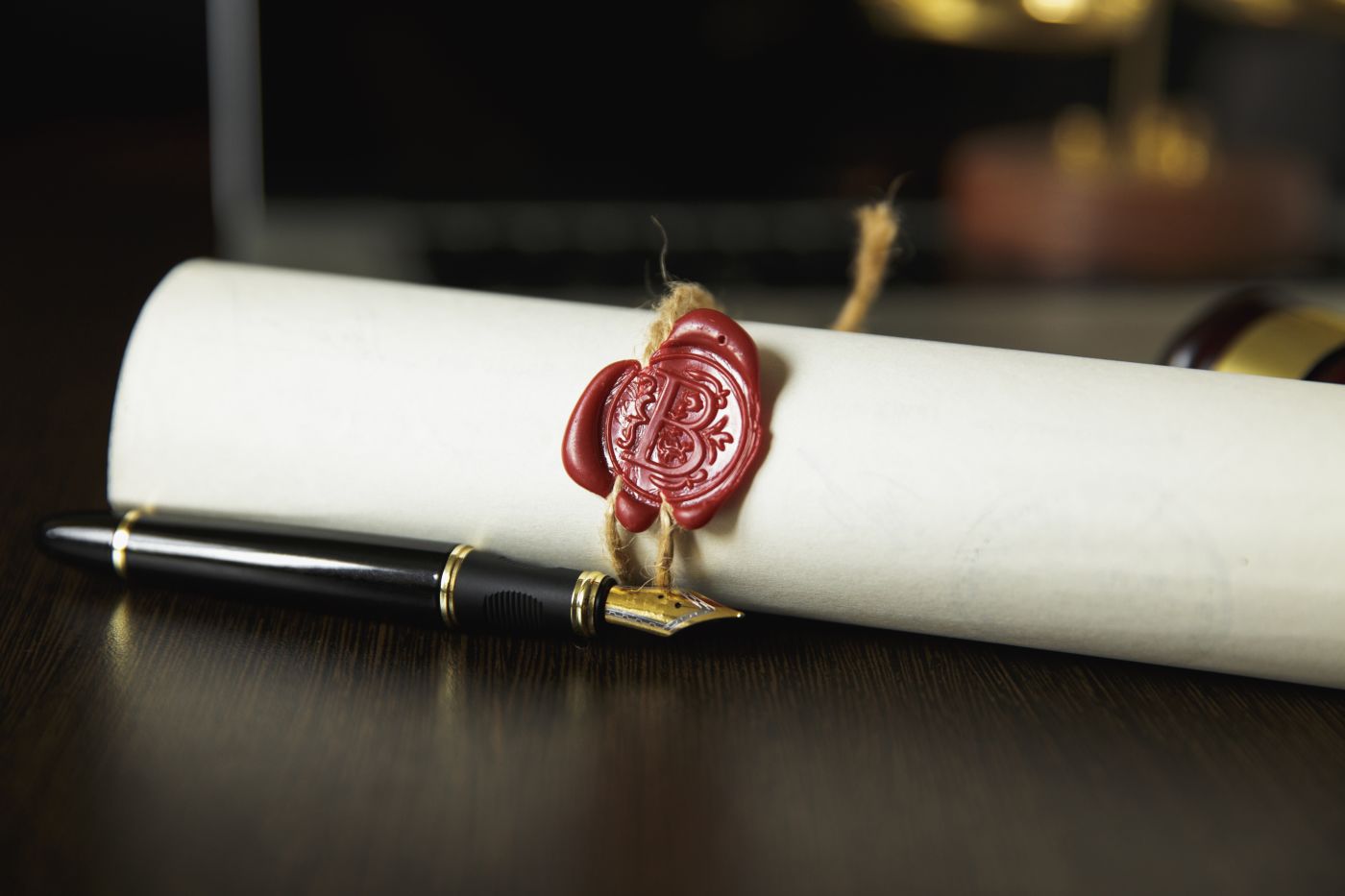Many people who haven’t yet begun the process of developing an estate plan think that the will is the only instrument used to designate how assets will be distributed after they die. While the will is always the central document of an estate plan, there are multiple ways to distribute assets.
In fact, if you use your will to bequeath your assets, it will likely need to go through probate, which means more time and work for your personal representative, and costs will be deducted from your estate. Let’s look at a few other ways that people codify how their assets will be distributed after they’re gone.
Ownership/title
If you have a joint owner with the right of survivorship on a bank account or piece of property, like a home, that asset also belongs to them and is solely theirs on your death. On some assets, like bank accounts, you can add a transfer-on-death (TOD) or payable-on-death (POD) designation so it goes to the person of your choice after you pass away.
Beneficiary designation
If you have retirement or investment accounts, you likely have listed beneficiaries for these accounts with the bank or other company that holds the account. That’s how those assets are transferred upon your death. The same is true for life insurance policies.
Trusts
There are a multitude of trusts you can set up to leave assets to loved ones. All of these have different requirements.
A living trust is a common estate planning tool for those who want their estate to avoid probate. People typically place their homes, cars, bank accounts and other valuable assets in their living trust and designate in the trust document how they’re to be distributed. You need to title those assets in the trust’s name, but you have complete control over them while you’re alive.
Your will
A will generally includes a residuary clause. This allows you to designate any assets you may not have included anywhere in the estate plan (like relatively low-value items or new purchases) to be distributed as you designate.
This is simply a brief overview of all the ways in which you can designate beneficiaries. It’s crucial to understand how they all work together and which choices are best for your unique situation. Having experienced legal guidance is critical.



